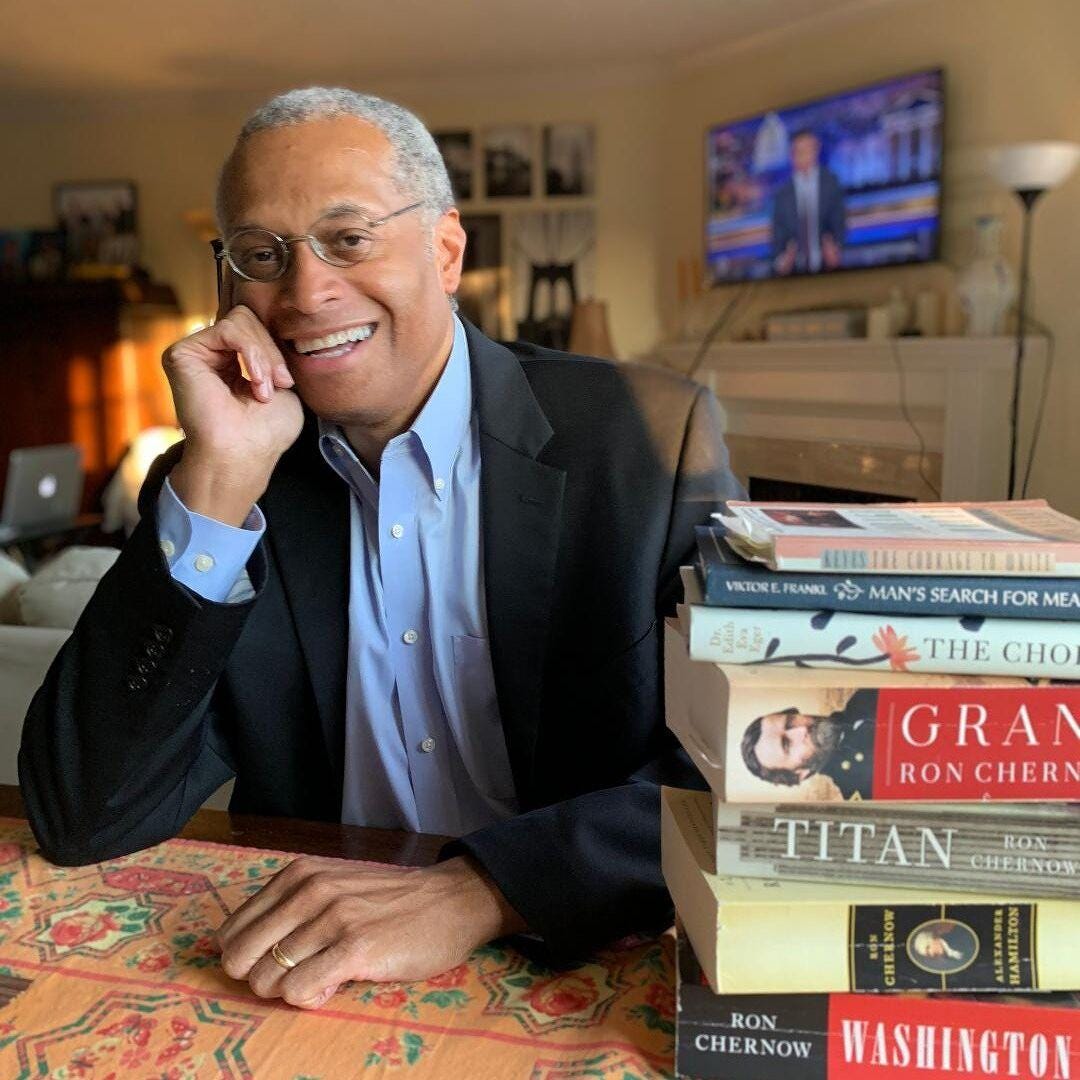In grade school and from an early age, I was hesitant to ask others for help. I would try to figure out things for myself. I thought about the larger world and decided upon my goals. My goals always came from within. I never accepted goals untested from the larger world. Some of my classmates were prejudiced and bigoted. So if they did not have my best interest at heart, why would I ever take advice and counsel about purpose and meaning from bigots? I took my own counsel.
The research on the internal locus of control is clear and compelling. What happens when we apply an internal locus of control to questions of race? I suggest something magical takes place.
Black Americans are bombarded with messages in the public square that are the opposite of internal locus of control. Pick your dogma. Review your slogan words. One will see an endless deluge of negative psychology. The greatest evil is white supremacy. That is external, not internal. The legacy of slavery compels black teenagers to live lives of crime and languish in poverty. Those are external factors. The notion that whites are privileged, once again shifting the focus to others. Blackness is Oppression. Nothing else matters. Talk about your loss of agency.
Combined together, these dogmas and slogan words capture the black mind in a briar patch of negative thinking. All is about the external. Not a single focus on the internal locus of control. These observations are not new but they need to be repeated time and time again in the public square. The manipulation of language guarantees the death of the internal locus of control among black people.
It is no wonder that external locus of control is associated with mental health difficulties such as increased stress and clinical depression. As the licensed social worker and psychotherapist Amy Morin wrote, “Don’t Waste Energy on Things One Cannot Control.” Those stuck in an external locus of control will spin their wheels trying to slay the shadows of white supremacy, white privilege, systemic racism, and Black oppression. Those who have achieved the greatest heights in Black history have always focused on things they can control. One can control whether one is the first in the library in the morning and the last to leave at night. How does one control “systemic racism?” It is a waste of one’s precious time on this earth.
In closing, perhaps I took to internal locus of control so easily because it was all around me as a kid. I lived in the shadow of uncles who were entrepreneurs. I attended a family church founded by Grandma’s Grandfather. To be a good person was to make your way in life. I learned about Blackness by reading Black Enterprise magazine at Grandma’s house on Terminal Avenue. Isn’t it healthier to learn Blackness equals Enterprise as opposed to Blackness equals Oppression?
When my Dad accused me of acting white in grade school, I could have taken my cues from my Jim Crow-raised father. I could have murdered my natural curiosity for the larger world to appease the demons of Blackness. Something inside of me as ancient as my Grandma’s Grandfather told me to be me. And I did and my strength of self launched me into the larger world.
I love the internal locus of control. You should too.
Winkfield Twyman, Jr. is the co-author of Letters in Black and White: A New Correspondence on Race in America. He is a writer, commentator, and former law professor. He has written for the Chicago Tribune, the San Diego Union Tribune, the Baltimore Sun, the Richmond Times Dispatch, and several other publications. He can be reached at twyman.substack.
You might also like:
Rethinking the Language of Black Activism
If you've ever tuned in to impassioned black activists discussing the social issues ostensibly affecting the black community, you've likely observed the pervasive use of negative and ominous language. Phrases like “Black people are being hunted,” “There is a war on black bodies,” and “There’s no day off from being black” exemplify the type of rhetoric f…







I work in DEI. Have done so across three decades because I believe that creating the conditions for everyone to thrive, is smart business and needs prioritization.
Agency/internal locus of control is also how I was raised. Yes, the ways of white folx were discussed. But, not as an immovable impediment but as a reality that at times required creative navigation, and over time, greater levels of mastery, to transcend.
My practice holds agency as a core tenet.
Many of my colleagues who consider themselves “expert” in DEI spend considerable energy on blaming and shaming white folx as a de facto category with all people considered “white” being lumped together as many reduce those of African descent too often are.
It isn’t serving anyone. It especially isn’t serving Black folx in the USA.
And, the way forward with creating the conditions for people to thrive in organizational life is to go inside more than spending valuable energy outside on a so-called other.
I'm replying to the article and the comment below. What's missing is a dialectic. We could argue that people are determined by their circumstances or we could argue that people are determined (or repressed) by their own lack of agency. I would argue that this is not either/or but that there is a relationship between these things. We can also look at how the historical relationship between these things evolved and at the material reality or conflicts underlying them. I suspect that for Americans this might sound like Marxism and best not go there, this is true in the UK too. Historical materialism or dialectical materialism has been buried with Marx. We are left with a psychological critique from both left and right, and a psychological re-branding of Marxism as identity politics. From the right this is the politics of victimhood and the the need for recognition. For the left this is politics of oppression, white privilege and racial pathology. Both left and right are using the language of psychology. Right wing racists might blame black people for their own failures, but black critics do so too, albeit coming from a different place, tough love perhaps. But middle class tough love often resembles paternalism, snobbery and moralism, 'why aren't they more like me?'